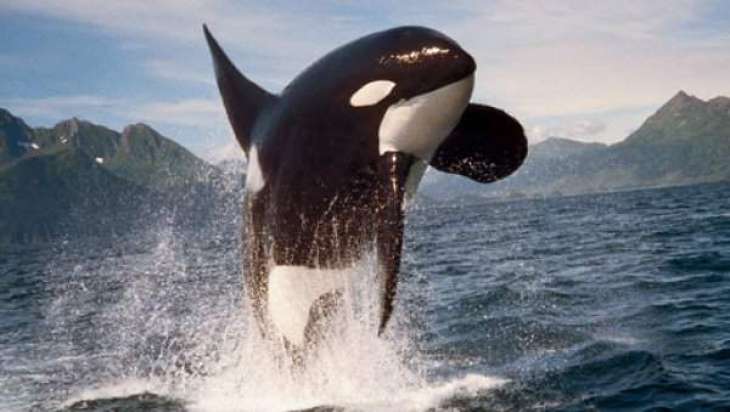Vadim Govorov, a representative of the four companies owning the so-called whale jail in Russia's Far East region, said at a court hearing on Monday that an immediate release of orcas and belugas from captivity could be dangerous and result in their death
YUZHNO-SAKHALINSK (Pakistan Point News / Sputnik - 27th May, 2019) Vadim Govorov, a representative of the four companies owning the so-called whale jail in Russia's Far East region, said at a court hearing on Monday that an immediate release of orcas and belugas from captivity could be dangerous and result in their death.
A court in the Russian city of Yuzhno-Sakhalinsk is holding a hearing on a lawsuit filed by a group of ecologists over the "whale jail," with Govorov representing Afalina, Beliy Kit (White Whale), Sochi Dolphinarium and Okeanarium DV companies.
"According to a response from an investigation department of the Russian Investigative Committee in the Khabarovsk Territory, it has been established that, taking into account the opinion of experts in the field of marine mammals, it is impossible to consider the issue of immediately placing the animals in their natural habitat, since there is a high probability of their death," Govorov said.
Last week, Aleksander Bronnikov, the representative of the Afalina company said the trapped orcas and belugas were being prepared for release.
The so-called whale jail in Srednyaya Bay made headlines in the fall after Greenpeace reported that preparations for selling 13 orcas � which are on the Red List of Threatened Species � to China were underway, while 15 orcas had already been sold to China. A probe has been launched into the illegal fishing of aquatic animals and animal abuse.
Russian President Vladimir Putin charged relevant agencies in February to determine the fate of the animals and verify whether they had been caught and kept in captivity legally.




